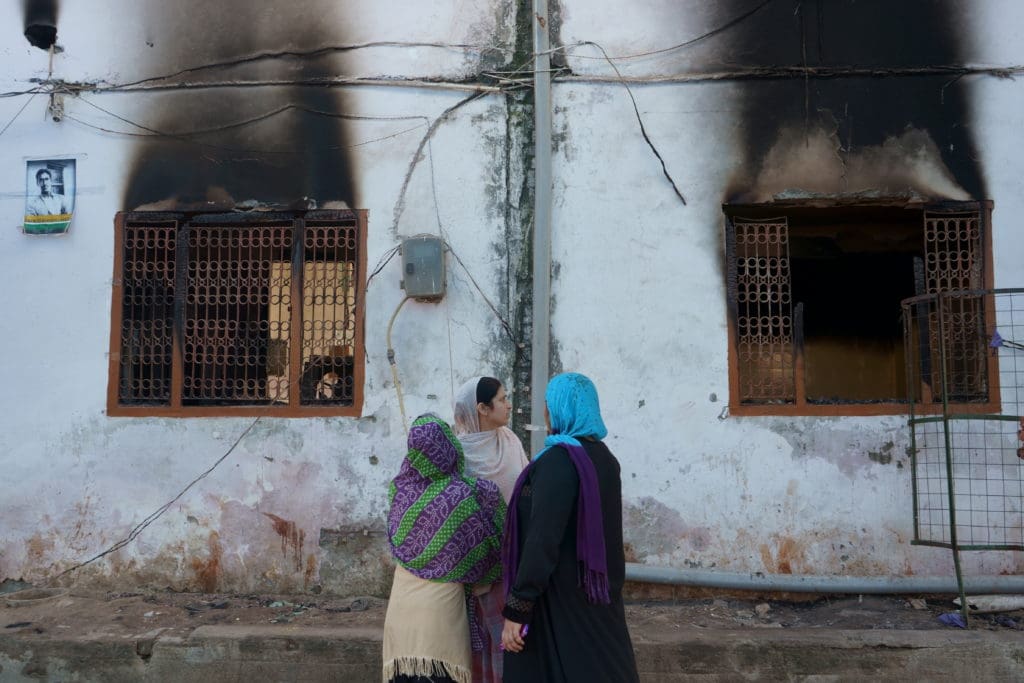By Maansi Verma
The year 2024 was ushered in with the news that the three new criminal laws, passed by both Houses of Parliament only a few days ago, have been challenged before the Supreme Court. Notably, according to media reports, the petition states that the Bills were “enacted without any parliamentary debate” as most Opposition MPs were suspended. Earlier the Forest Conservation Amendment Act, 2023 was also challenged before the Supreme Court and the petition challenging the Act also alleged that the Joint Parliament Committee (JPC) which was set up to study, analyse, and report on the Bill ignored most of the 1309 memoranda it had received which were critical of the Bill. Therefore, the sanctity of the pre-legislative consultation process was challenged.
Common between these two petitions is the challenge to the legislative procedure and questions raised on the egregious ways in which laws were made. But is legislative procedure open to judicial review? The law on this is not settled and the jurisprudence is still evolving, which makes these petitions both risky and exciting.
Judicial review versus the theory of exclusive cognisance
Though India’s parliamentary form of government is modeled on the British parliamentary system, not all features were inherited. In the absence of a written constitution, the British model was one of ‘parliamentary sovereignty’ in which the legislature i.e. the British Parliament is the supreme lawmaking authority and the courts did not have the mandate or power to strike down a law made by parliament if it violated people’s rights. The Indian model, on the contrary, is one of constitutional supremacy, where each institution, including the Indian parliament, functions within the limits of its powers set by the Indian constitution. Therefore, any law made by it can be struck down by courts if it violates fundamental rights, other constitutional rights of the people, or other provisions of the constitution. In the famed Kesavanand Bharti judgment also, it was held that judicial review “is an integral part of our constitutional system”.
But just as there are limits to what the parliament can do, there are limits on the power of judicial review as well.
Articles 122 and 212 of the Indian constitution impose one such limitation. These Articles provide that the validity of any proceeding in parliament and legislature of any state, respectively, will not be called into question in any court of law on grounds of ‘irregularity of procedure’. There is no guidance available in the constitution on what is an ‘irregularity of procedure’. These Articles are based on the principle of “exclusive cognisance”, inherited from the British parliament, according to which both Houses of Parliament have the right to be “the sole judge of the lawfulness of their own proceedings and to settle – or depart from – their own codes of procedures”. Thus, there exists a tension between the mandate of judicial review and the limitations under Articles 122 and 212.
This story was originally published in thewire.in. Read the full story here .





